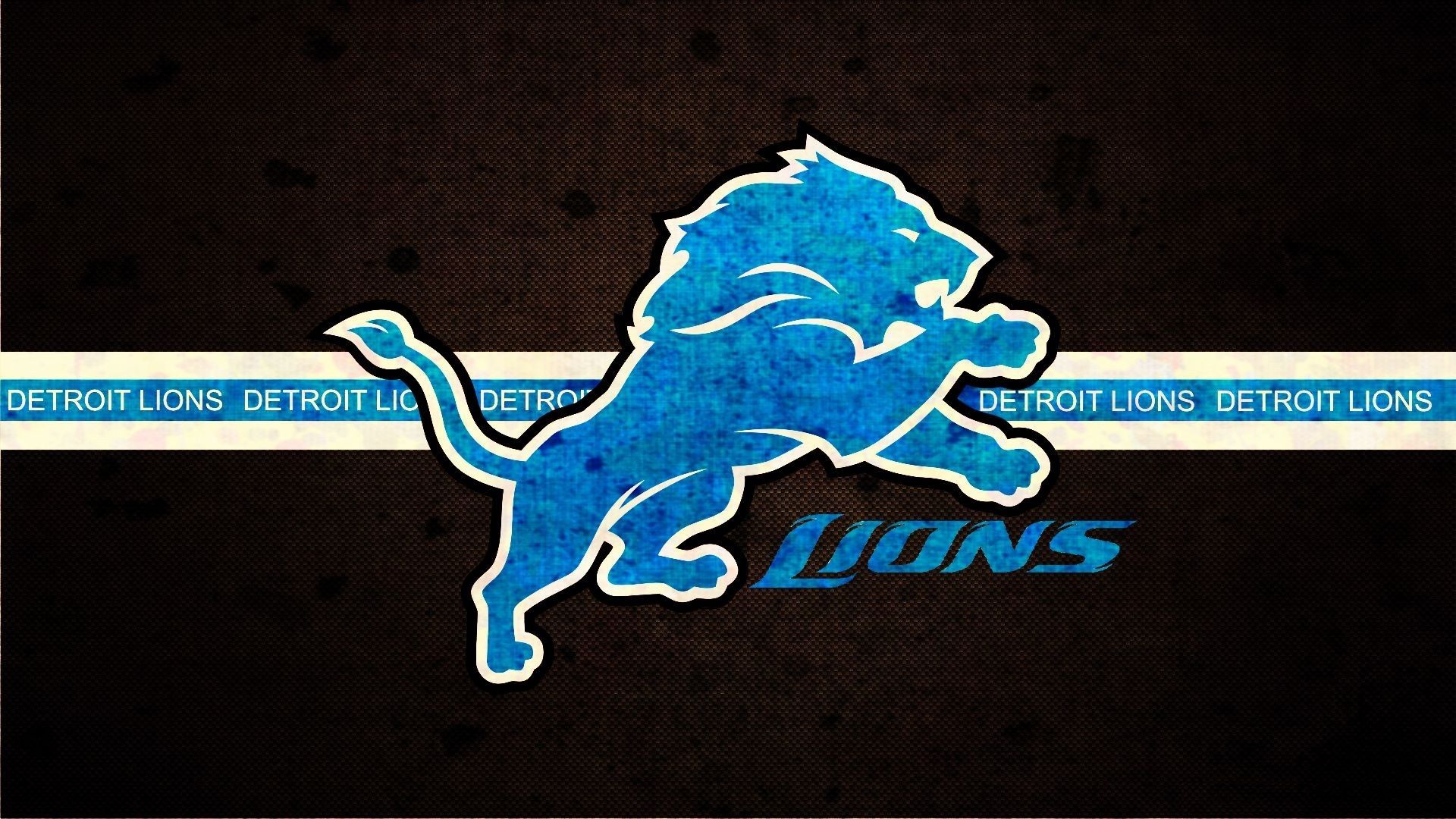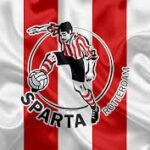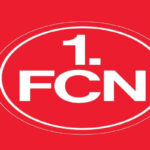The 1950s were undoubtedly a golden era for the Detroit Lions, a time when they not only found success but also solidified their place in NFL history.
Dominance in the NFL Detroit Lions FC
During the 1950s, the Lions emerged as a dominant force within the NFL, winning three championships in six years KUBET.
Led by head coach George Wilson and star players like Bobby Layne, the Lions showcased a potent offense and a tough defense that could compete with any team in the league.
Bobby Layne, often considered one of the greatest quarterbacks of all time, played a pivotal role in the team’s success during this period.
His charismatic leadership and exceptional skills helped lay the foundation for other Lions legends to follow. With Layne at the helm, the Lions transitioned from a struggling team to perennial contenders, building excitement and anticipation among fans.
Notable Players and Personalities
Beyond Layne, the Lions featured a host of Hall of Famers during the ’50s.
Running back Doak Walker and linebacker Joe Schmidt were staples of the roster, both crucial to the team’s identity and performance.
These players not only shaped the team’s on-field strategies but also contributed to its off-field culture, fostering camaraderie and a winning mindset.
Doak Walker, known for his versatility and agility, became an iconic figure in the NFL. His ability to run, catch, and block made him a nightmare for opposing defenses.
Similarly, Joe Schmidt’s tenacity and intelligence on the field established him as a leader, further enhancing the Lions’ defensive prowess.
Cultural Significance
The Lions’ success in the 1950s fueled the growth of professional football in Detroit and beyond.
The team forged strong ties with the community, becoming synonymous with Detroit’s hardworking ethos.
Fans packed the stands at Tiger Stadium, creating an electric atmosphere that resonated deeply with the players.
Much of what made the Lions special during this era was their connection to the city. The team represented the resilience of Detroiters, who were navigating the post-World War II landscape.
The Lions became more than just a football team; they became a symbol of hope and determination for the people of Detroit, contributing to the rich fabric of the city’s sporting identity.


